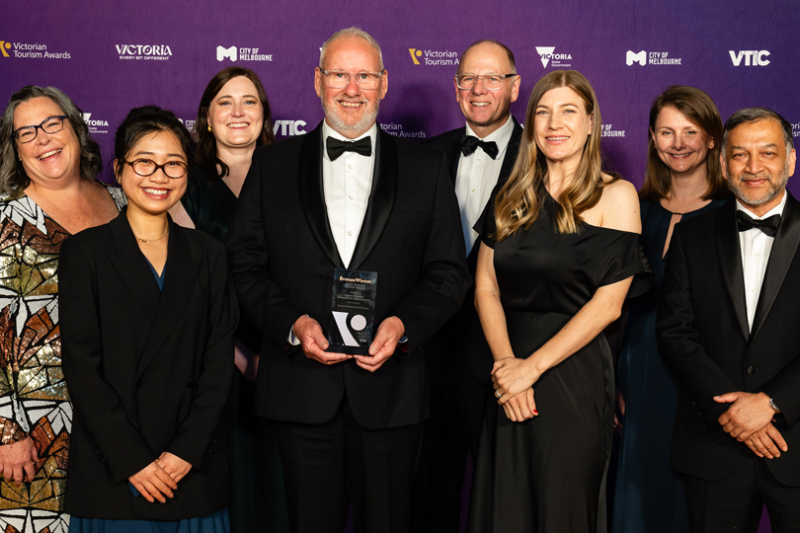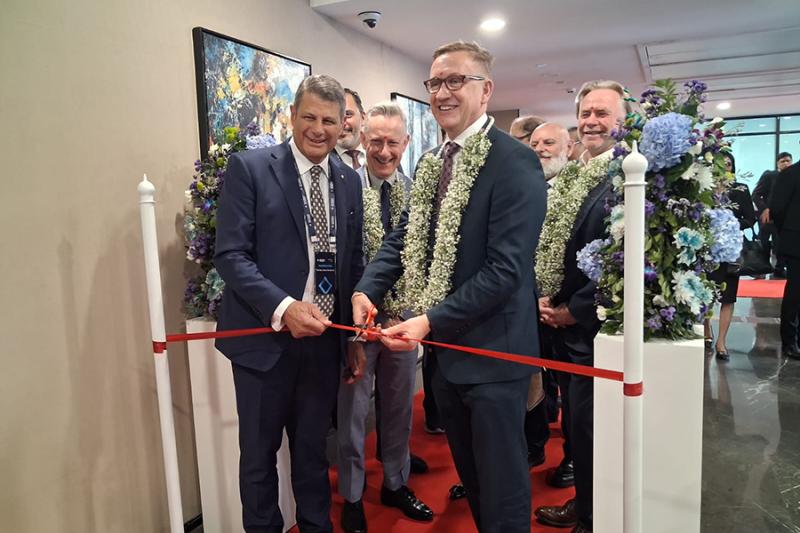Terrorism expert tackles UK violent extremism

Victoria University terrorism expert Michele Grossman has secured significant funding from a UK grant scheme to develop her innovative research which sheds new light on how family and friends play a vital role in shutting down violent extremism.
Professor Grossman, a countering violent extremism expert and director of the Centre for Cultural Diversity and Wellbeing at Victoria University, said her project was one of only 10 chosen from more than 130 submissions to address security threats facing the UK.
The grants were announced by the Centre for Research and Evidence on Security Threats (CREST) led by Lancaster University and the UK’s Economic and Social Research Council.
It will build on the work of her 2015 Australian study – the first of its kind in the world – with the Australian Federal Police which highlighted how understanding the processes involved for family members and friends who come forward with information can help combat violent extremism and prevent greater harms from occurring.
“The first people to suspect or know about someone involved in acts of violent extremism, including planned or actual involvement in overseas conflict, will often be those closest to them, their friends, family and community insiders,” she said.
“They are ideally placed to notice any changes or early warning signs that someone is considering violent action to harm others, as well as being able to influence vulnerable young people away from violent extremist beliefs and settings.”
Professor Grossman said the willingness of those close to potential extremists to share concerns with authorities is critical in preventing violent extremist action. Understanding their concerns and support needs is essential.
“The UK project will build on the original Australian study to gain new knowledge about the dynamics and barriers to community reporting in the UK to develop new, localised and contextually sensitive understanding to community reporting issues,” she said.
“It will enable a significant advance in understanding community members’ concerns about reporting, and allow a full appreciation of state professionals’ experiences of current reporting mechanisms and processes.”
She will work with Professor Paul Thomas at the University of Huddersfield to replicate the Australian study.
Professor Grossman said the UK findings will lead to direct policy, practice insights and recommendations relating to family and friends coming forward with information about violent extremist activity.



